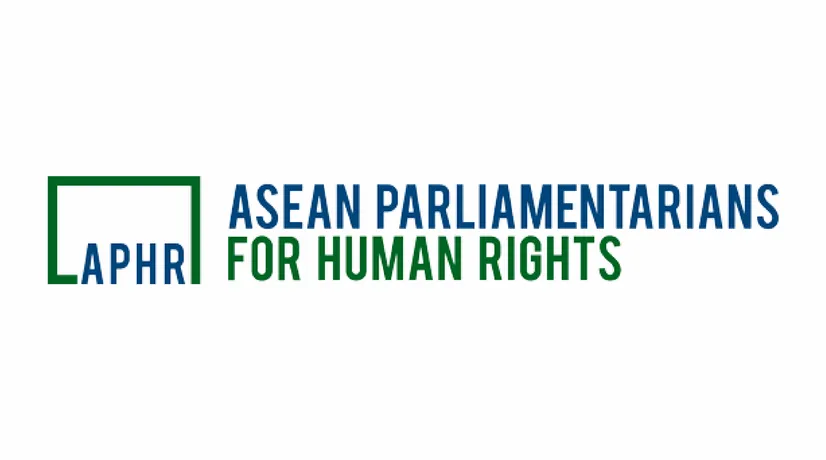JAKARTA – Indonesia must use the time it has left as chair of ASEAN to leave a lasting legacy for the Myanmar pro-democracy movement, the region, and for Indonesia itself, ASEAN Parliamentarians for Human Rights said today.
In his annual speech in front of the People’s Consultative Assembly (MPR) on 16 August, Indonesian President Joko “Jokowi” Widodo said that international trust in Indonesia was high due to, among other things, the country’s chairmanship of ASEAN as well as its “consistency in upholding human rights, humanity, equality..
“We congratulate Indonesia on its 78th Independence Day and we commend President Jokowi’s recognition that consistently upholding human rights is the key to gaining international credibility,” said APHR Board Member and Malaysian member of parliament Wong Chen. “Unfortunately, so far Indonesia has failed to uphold ‘human rights, humanity, and equality’ as ASEAN chair, particularly with regards to Myanmar.”
As chair of ASEAN, Indonesia has openly adopted a “soft diplomacy” approach, with Indonesian Foreign Minister Retno Marsudi saying in May that Indonesian diplomats had more than 60 “engagements” with all the parties involved in the Myanmar crisis, including the junta’s self-styled State Administrative Council (SAC), the National Unity Government (NUG), as well as ethnic revolutionary organizations. However, these meetings have lacked transparency and have done little, if any, to stop the illegal Myanmar junta from continuing to commit gross human rights violations against its own people.
The lack of firm action on Myanmar on Indonesia’s part has emboldened diplomatic friends of the junta to take steps to undermine ASEAN’s role in responding to the Myanmar crisis, as can be seen in the outgoing Thai government’s “Track 1.5” meetings.
“If President Jokowi is truly sincere in his stated desire for Indonesia to maintain its international trust and standing, then he must ensure that Indonesia takes actions that leave a legacy of progress and forward momentum on Myanmar, rather than one of stagnation and missed opportunities,” said Wong Chen.
Firstly, Indonesia must make it clear that ASEAN member states engaging bilaterally with the Myanmar military junta is unacceptable and undermines ASEAN’s role in resolving the crisis. Secondly, as APHR and Myanmar civil society organizations have repeatedly called for, Indonesia must initiate a thorough and inclusive review of the Five Point Consensus to create an agreement that the Myanmar junta must abide by.
APHR also calls on Indonesia to engage in an open and formal dialogue on a solution to Myanmar with the National Unity Government, the Committed Representing Pyidaungsu Hluttaw and the National Consultative Council, as well as with like-minded figures committed to peace and democracy, including ethnic armed revolution organizations, community-based organizations and human rights defenders.
Indonesia must also strongly encourage the engagement of local organizations, primarily those working along the Thai-Myanmar border, who have shared an urgent need for cross-border humanitarian assistance. The military junta is not a trusted partner in facilitating and coordinating support and has, on multiple occasions, weaponized its delivery.
“Indonesia was formed with high-minded ideals embedded into the country’s foundation. The Preamble to the 1945 Constitution, for instance, says that Indonesia must strive for ‘the establishment of a world order based on freedom, perpetual peace and social justice,’” said Wong Chen. “We urge President Jokowi to live up to these ideals by helping lay the foundation for a meaningful and lasting democratic future in Myanmar.”

